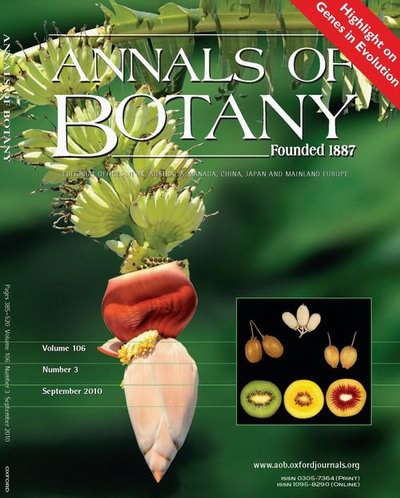

Paleopolyploidy refers to ancient genome duplications which occurred at least several million years ago. The genome doubling event could either be an autopolyploidy or an allopolyploidy. Due to functional redundancy, genes are rapidly silenced and/or lost from the duplicated genomes. Most paleopolyploids, through evolutionary time, have lost their polyploid status through a process called diploidization, and are currently referred to as "diploids" (e.g. baker's yeast, Arabidopsis, and perhaps humans).
Recently, researchers from CAS South China Botanical Garden (SCBG) and CAS Wuhan Botanical Garden (WBG) analyzed the EST database from nuclear genomes of kiwifruit (Actinidia) and related Ericales and found evidence for at least two paleopolyploidy events. The most recent event is consistent with previous cytological work on kiwi while the older event is shared by the common ancestor of Camellia and Actinidia, and the results thus provide evidence that gene-family methods are able to reliably uncover ancient polyploid speciation events.
This research was conducted by SHI Tao from WBG who is a graduate student advised by Prof. HUANG Hongwen from SCBGB and Dr. Michael Shane Barker who is a young foreign scientist in collaboration with Dr. Huang Hongwen. Being highlighted, the research entitled "ancient genome duplications during the evolution of kiwifruit (Actinidia) and related Ericales" has been published in the prestigious journal Annals of Botany (106: 497–504, 2010). Related kiwifruit photo has been adopted in the journal cover.

Annals of Botany

